Domain Examples – Links to External Posts
Here, we provide a selection of articles from the web that underscore the benefits of implementing real-time autonomous decision-making using AI.
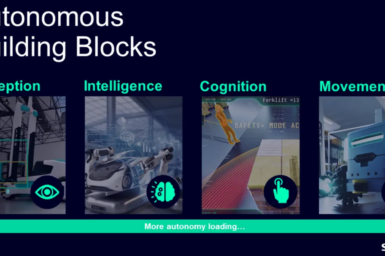
Autonomous factories
Autonomous factories are built on these building blocks: perception, intelligence, cognition, and movement. Perception: Imagine machines with the ability to […]
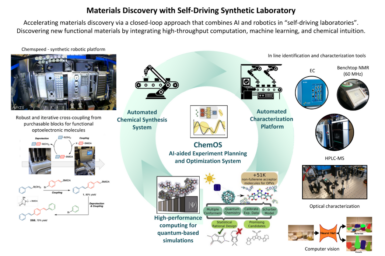
Autonomous labs
Self-driving laboratories combine artificial intelligence with automated robotic platforms for the autonomous discovery of new materials. These laboratories have the […]
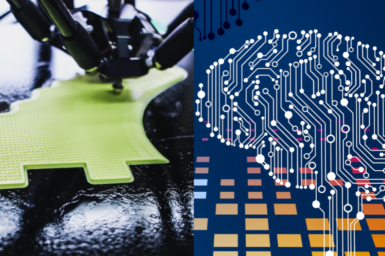
Real-time Autonomous Control of Additive Manufacturing
A proactive, real-time, monitoring and control mechanism helps reduce the discard rate of defective pieces and enhance production efficiency.

Real-time Screening and Feedback for Optimisation in Flow Chemistry
Platforms which integrate machine learning with flow synthesis for real-time screening have been shown to be highly effective in optimising reaction methodology and conditions.
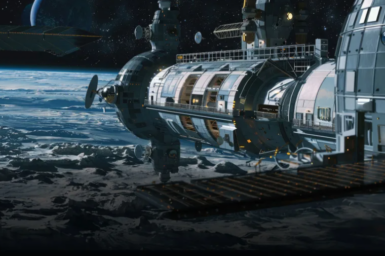
The Rise of the Celestial Assembly Line
Robotics and automation will play a critical role. Robots will operate machinery, conduct maintenance, and manage intricate manufacturing processes. Advanced artificial intelligence (AI) will be integrated into these robots, enabling them to adapt to unforeseen circumstances and make real-time decisions.
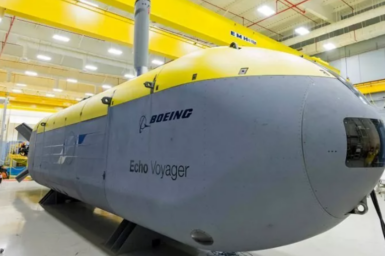
Autonomous Jets, Subs, and Spacecraft
The artificial intelligence operating the vehicle is first trained using a supervised learning process. Machine vision software is trained by numerous mounted cameras all around the autonomous vehicle at various heights and angles that allow it to detect how the craft is moving from every perspective. The software first is trained on hours of human operating footage showing the proper and safe way a vehicle should operate at various times of day, levels of traffic, and weather conditions.

Managing Unpredictable Renewable Energy Sources
In the electricity sector, machine learning can enhance how energy is distributed and used in the grid. As more renewable energy sources are added, utilities need better ways to predict energy needs in real-time and in the future.

How Can Real-time Data Alter Patient Treatment Decisions?
From the precision of medication adjustments to the anticipatory steps taken with proactive monitoring, timely data influences medical decisions across various healthcare settings.

Water Resources Management
With the changing climate and strained resources, whether that be financial or labour shortages, the water industry is facing significant challenges. Extreme weather events are making water increasingly scarce, unpredictable, and polluted, leading to more stress on our water infrastructure, treatment processes, and those who manage it all. AI technology has the potential to revolutionize the future of water and wastewater systems and ensure the long-term viability of the industry.
